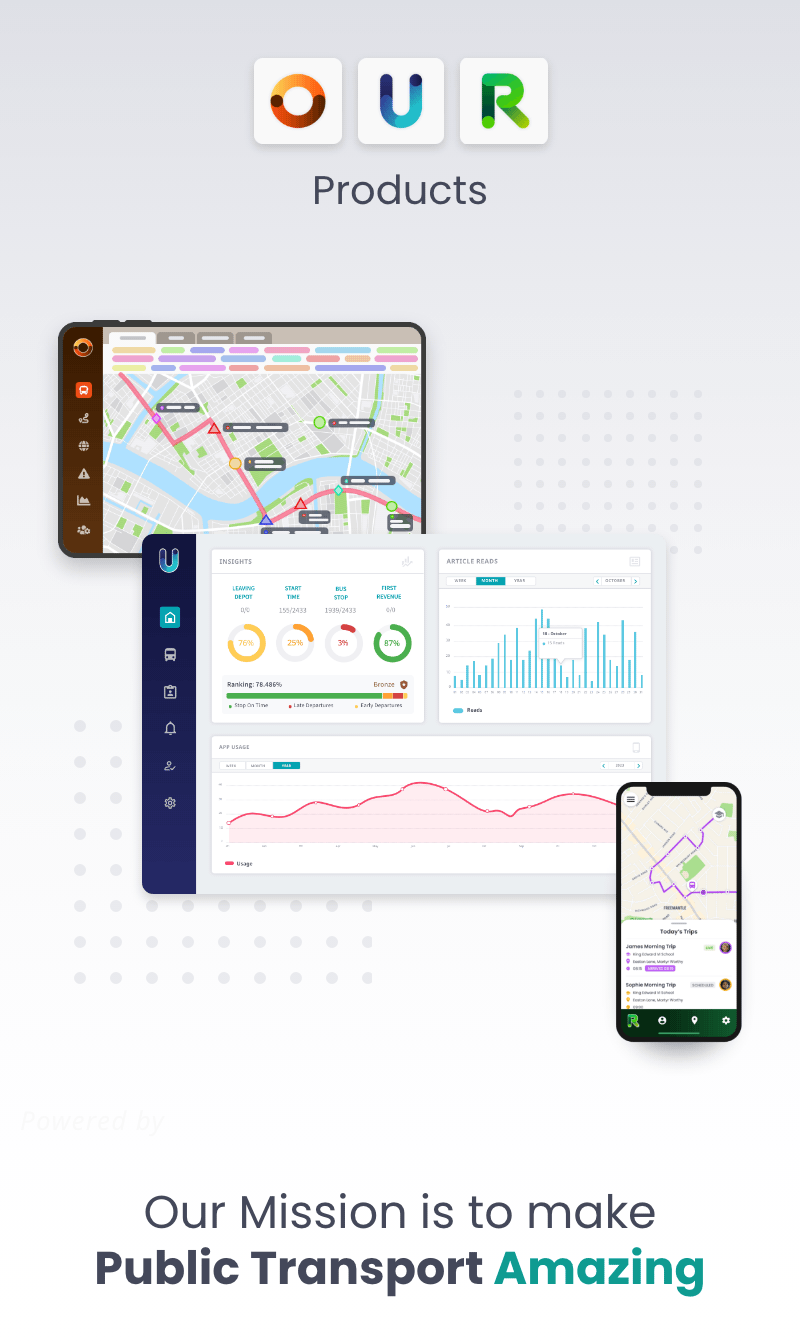As a lifelong football fan, old enough to remember England winning the World Cup back in 1966, I was ruminating on just what sort of year it has been for the UK bus and coach industry, which has seen, what in football parlance is, a game of two halves. My take is that the year has seen some very positive things happen for the industry, and some not-so-good things.
I have always been a ‘glass half full’ rather than ‘glass half empty’ sort of person. I am going to say that on reflection, the year has seen more good than bad. There are signs that around the country, passenger levels are beginning to get back to pre-pandemic levels. This is encouraging, given the changes in lifestyle, less commuting due to working from home, and an abundance of online shopping which sees less purpose for passenger journeys.
Things could be a lot worse, but, on the positive side, the government have been reasonably generous to the industry recognising its need to support the economy, something that before Covid was an aspiration rather than action. We have seen initiatives like Bus Back Better, the £2.00 flat fare, the payments made over lockdown, and the introduction this year of the UK Bus Centre for Excellence which I believe has fantastic potential to bring in the next generation of bus managers and leaders.
As I have observed myself, the UK Bus Centre for Excellence is about to launch an excellent and really topical new training qualification that will be a massive asset to not only the UK bus industry but equally important to educate those who wish to work for local authorities as they start to get more involved in bus franchising as we witnessed with the launch of the Bee bus network in Manchester. The eyes of the industry are watching very carefully to see how the experiment rolls out with more tranches of networks being released over the next year or so across the north west.
Merseyside and West Yorkshire, as well as many other areas, are hoping to follow Manchester’s example, and Andy Burnham, the mayor of Manchester, is fully committed to making a success of it. Critics maintain that time will tell, and while local authorities control networks and fares, it will be ultimately judged on how much money it costs to operate and what it will cost the taxpayer in the long term.
It also fundamentally changes the model of the last almost 40 years where private ownership and profit drove the bus companies. However, this model also starts to cover social inclusion as part of the equation, something that appeals to my personal belief that I have had since I joined the National Bus Company 40 years ago this year. Namely, the bus is not just a facilitator but much more vital; it is an includer for those without their own transport who depend on the humble old bus to keep them engaged with society, ensuring people get to socialize but also maintain good mental health – something that isolation never helps.
There are some encouraging trends in terms of passengers coming back with Stagecoach recently announcing a huge increase in their profit with half year results showing a 5.3% increase against the same time in 2022. In addition, the benefit of the £2.00 fare cap in England underpinned the increase in regional passenger demand. Very significantly, more than 2,300 new bus drivers were recruited and trained.
In early 2023, CILT published a very concerning report about bus driver staff shortage which is a very real challenge and one that has been very negatively impacted since Brexit and the dramatic loss of drivers.
One of the big challenges for 2023 has been the major increase in strike action across the UK, not only in the bus and coach sector but across the UK. This has resulted in some very significant pay increases, in some cases between 10% to 15%, which is a huge hit on the bottom line in an industry with tight margins. We will wait until next year to see if this trend continues.
One of the best highlights of the year for me was attending a recent conference in Leicester, where I got to enjoy up close and personal the Leicester Buses Enhanced Partnership, which has created a really excellent bus network that has transformed the bus landscape and is truly working. It is great to see how long-term and realistic partnerships can be made to work.
As I observed when I attended both the Route One Awards and UK Bus Awards, there are some excellent grounds for great optimism for what 2024 might bring. This is an industry of innovation and public service, and whichever model is chosen – franchise or partnership – it only and always will be about one thing, and that is putting the passenger and the communities that we serve at the heart of the business.
That is why we at uTrack back public transport. We share this belief, and everything we do is driven by making buses and coaches even better in 2024 than it was in 2023.
Austin Birks.








